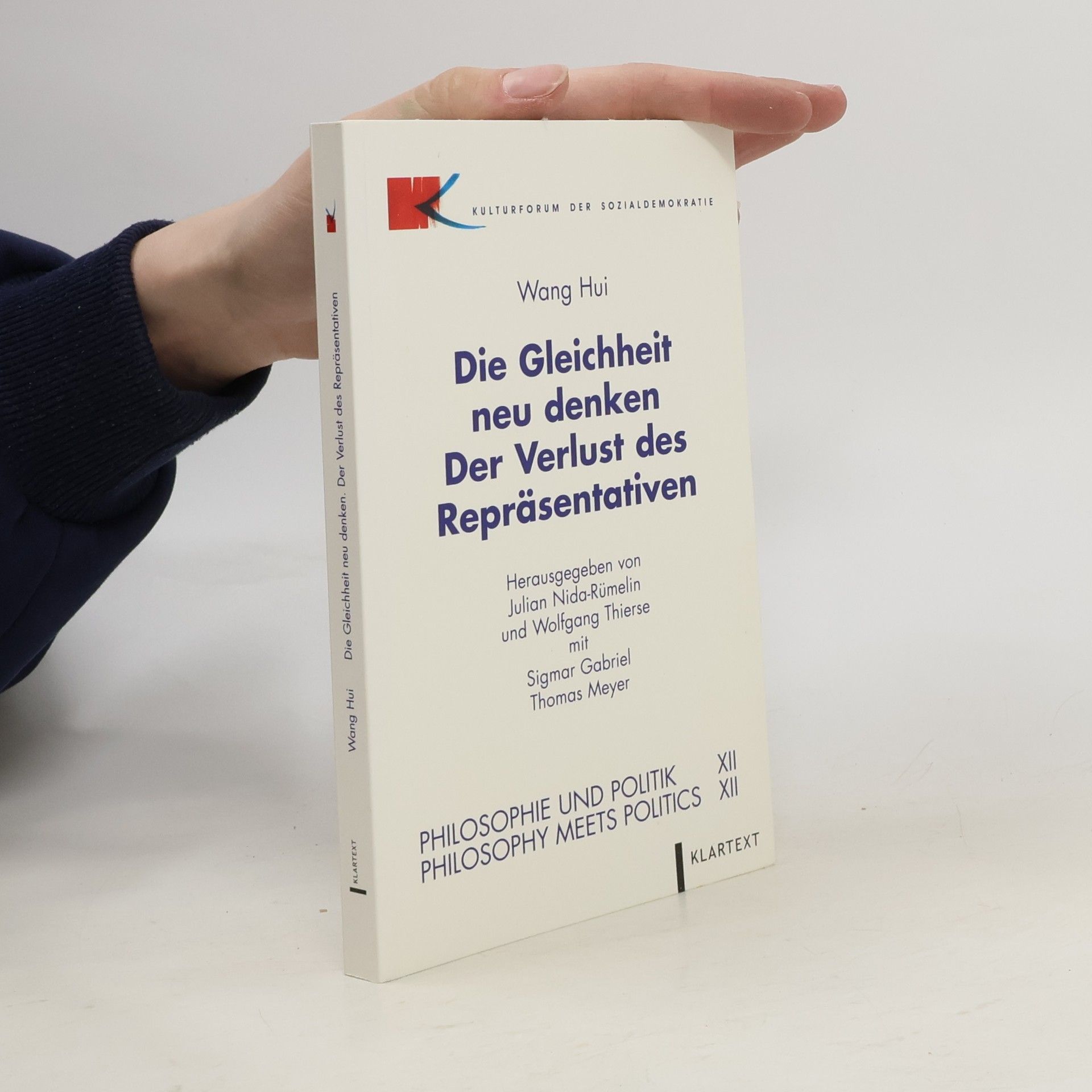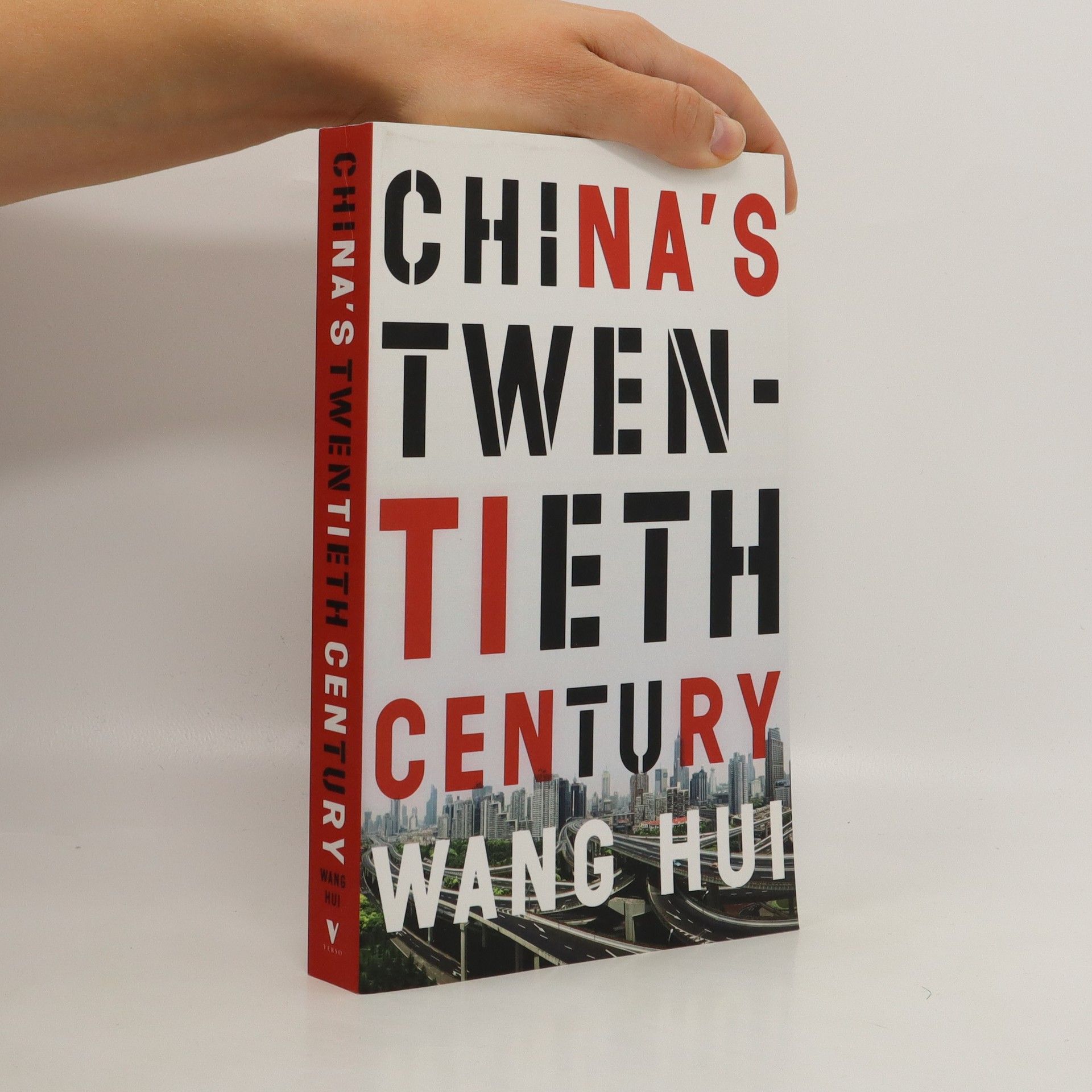China's Twentieth Century
- 361pagine
- 13 ore di lettura
An examination of the shifts in politics and revolution in China over the last century What must China do to become truly democratic and equitable? This question animates most progressive debates about this potential superpower, and in China’s Twentieth Century the country’s leading critic, Wang Hui, turns to the past for an answer. Beginning with the birth of modern politics in the 1911 revolution, Wang tracks the initial flourishing of political life, its blossoming in the radical sixties, and its decline in China’s more recent liberalization, to arrive at the crossroads of the present day. Examining the emergence of new class divisions between ethnic groups in the context of Tibet and Xinjiang, alongside the resurgence of neoliberalism through the lens of the Chongqing Incident, Wang Hui argues for a revival of social democracy as the only just path for China’s future.


